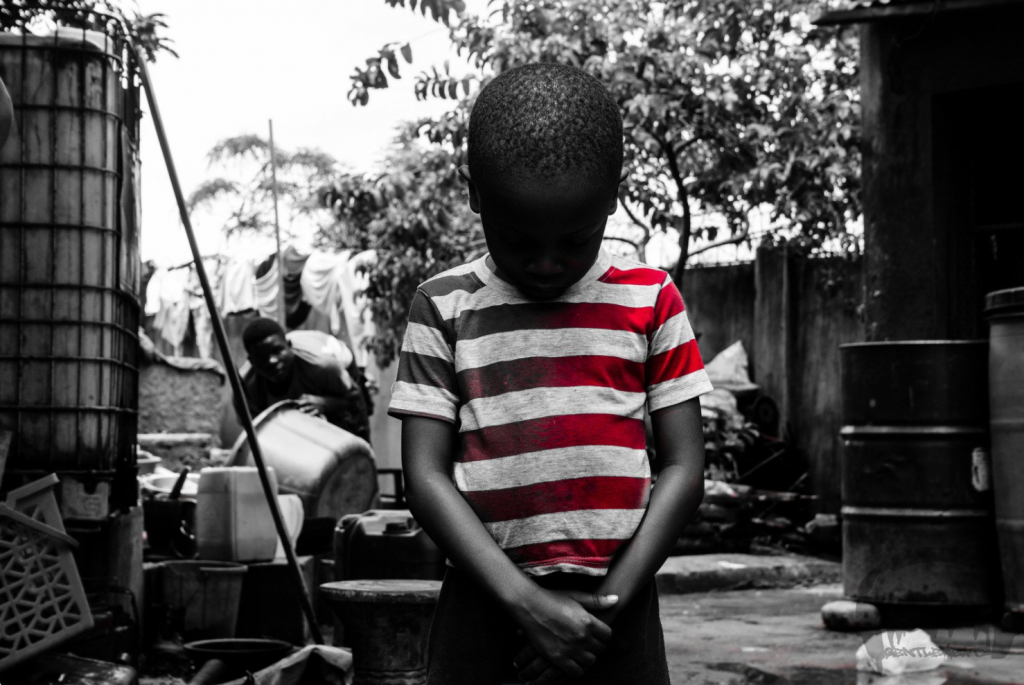Suspect Abuse? Report it!
During the COVID-19 pandemic school looks a lot different than normal. Teachers and staff have much less interaction with their students than usual, which can be detrimental to the safety of students. Without having “eyes on students” every day in an environment outside of the home where students may feel comfortable, child abuse is going unreported. Typically, teachers and school officials make a fifth of all child abuse reports. Nationwide, child abuse reporting has been down since the pandemic began.
An NBC News analysis of data from forty-three states and Washington, D.C. found that reports of abuse and neglect in 2020 dropped by an average of 40.6 percent and 35.1 percent in April and May respectively compared to those same months in 2019.

As official reports of abuse dropped, calls to the Childhelp National Child Abuse Hotline increased. The 24/7 anonymous hotline, which is not affiliated with any child protective services agencies, saw an increase in calls by 31 percent in March, 17 percent in April, and 43 percent in May when compared to the same months in 2019, according to Chief Communications Officer Daphne Young.
Hospital Emergency Departments are also seeing fewer cases of abuse; yet, the cases they are seeing are much more serious than pre-COVID cases. The intensity of abuse has increased to include more serious bruises, fractures, broken bones, and even evidence of strangulation.
While health care workers, educators, human services workers, and law enforcement officers are formal mandatory reporters, everyone should consider it their duty to report child abuse. In Maryland, anyone can make a report of suspected child abuse or neglect without fear of liability unless they are making a purposefully erroneous or malicious report. Reports can be made anonymously.
If you suspect abuse, report it! While it may feel uncomfortable or you may question whether or not what you’ve witnessed is abuse, it is better to report and allow the proper parties to determine the best course of action.
This is the same philosophy we use when encouraging reports to the Safe Schools Maryland, the State’s anonymous reporting system/tip line; it’s always better to report and allow someone with the right expertise to investigate. Yet, unlike reports of planned school attacks, drug abuse, bullying, or mental health concerns, child abuse is best reported directly to the proper authorities.
You can report child abuse or neglect to the Department of Social Services (DSS) office or law enforcement agency that covers the area where you believe the abuse took place. If you believe the child is in immediate or imminent danger, call law enforcement. These agencies will ask for basic information about the child and the suspected abuse situation. The more information authorities have, the better they will be able to make decisions and appropriately respond regarding the suspicion or knowledge of abuse. You may also want to contact your local Child Advocacy Center.
Unsure if you’re aware of abuse? Call the DSS hotline and they will determine if further investigation is necessary. Many people do not report for fear of “breaking up a family” or “causing another child to enter the foster care system.” Making a report does not necessarily mean the child will be removed from the home. There are situations in which the family needs resources or coping strategies, and by making a report, that family could receive the assistance it needs.
Sandy Caldwell is a mom, former educator, Safe Schools Maryland administrator, and the School Safety Analyst at the Maryland Center for School Safety (MCSS).
A special thank you to Danielle Nickles for her contributions to this post. Danielle is the Child Protection Program Coordinator at the Greater Baltimore Medical Center.
